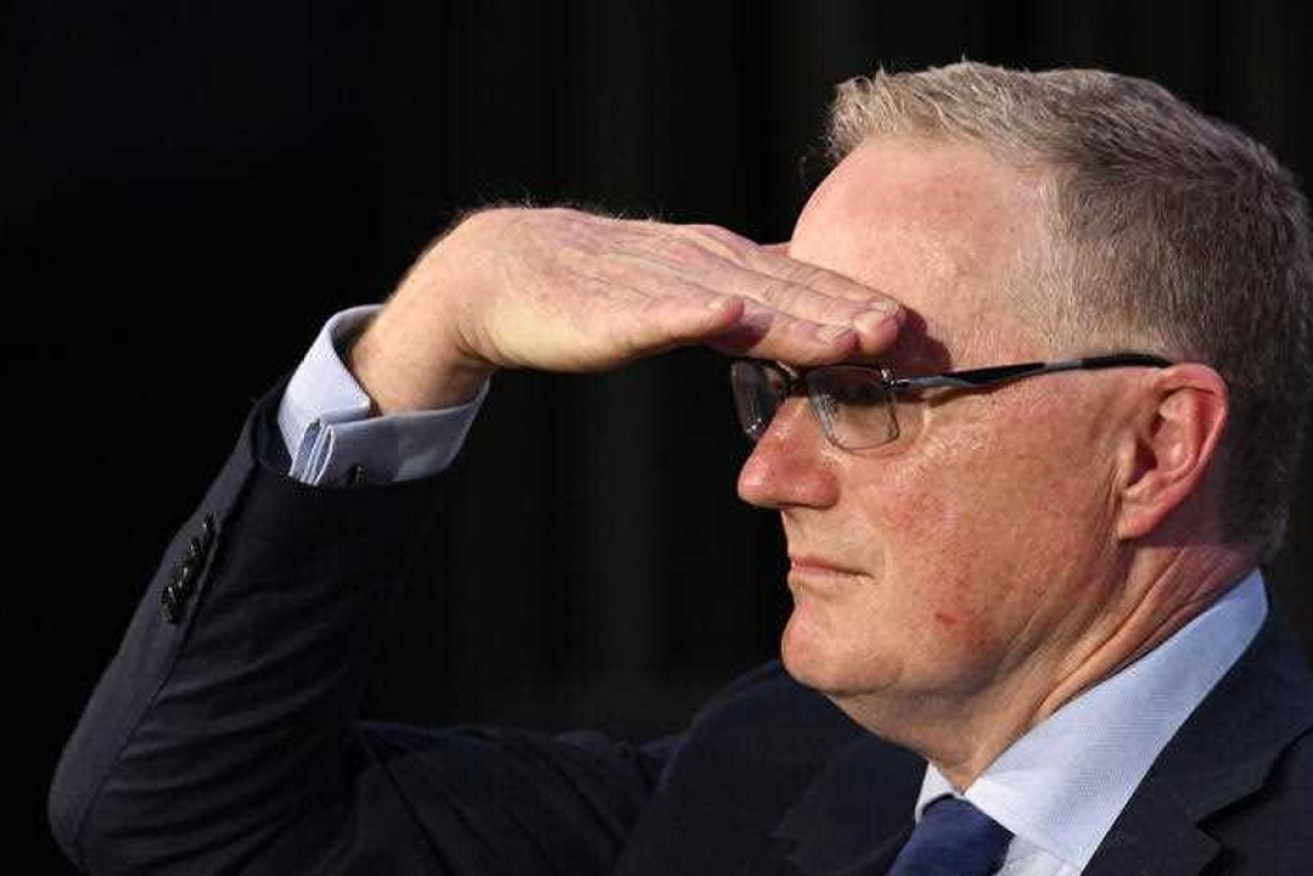Reserve Bank holds interest rates steady again
The Reserve Bank has left interest rates unchanged for a second consecutive month after outgoing governor Philip Lowe’s second-to-last board meeting.


RBA Governor Philip Lowe Photo: AAP Image/Darren England
The board this afternoon left the cash rate unchanged at 4.10 per cent for a second month, following a year of relentless rate hikes to drive down inflation.
After ABS data was released last week showing an easing in national inflation, the RBA says the current rate of 6 per cent is “still too high”.
This has driven the RBA board’s decision today, alongside “uncertainty surrounding the economic outlook”.
“This will provide further time to assess the impact of the increase in interest rates to date and the economic outlook,” Lowe said.
“Inflation in Australia is declining but is still too high at 6 per cent. Goods price inflation has eased, but the prices of many services are rising briskly. Rent inflation is also elevated.
“The Australian economy is experiencing a period of below-trend growth and this is expected to continue for a while. Household consumption growth is weak, as is dwelling investment.”
Lowe said labour market conditions remained tight but had “eased a little”, and that “firms report that labour shortages have lessened”.
“With the economy and employment forecast to grow below trend, the unemployment rate is expected to rise gradually from its current rate of 3.5 per cent to around 4.5 per cent late next year,” he said.
“Wages growth has picked up in response to the tight labour market and high inflation.
“At the aggregate level, wages growth is still consistent with the inflation target, provided that productivity growth picks up.”
Lowe said that data suggested inflation would eventually return to the 2-3 per cent target range, but noted there were “significant uncertainties”.
“The outlook for household consumption is also an ongoing source of uncertainty,” he said.
“Many households are experiencing a painful squeeze on their finances, while some are benefiting from rising housing prices, substantial savings buffers and higher interest income.
“In aggregate, consumption growth has slowed substantially due to the combination of cost-of-living pressures and higher interest rates.”
Treasurer Jim Chalmers said this morning that the economy would slow “considerably” after interest rate rises.
“It’s certainly true Australians are under the pump. We understand that. Part of the reason for that is they’ve had these interest rate increases which began before the election last year and continued after,” he said.
“We still expect our economy to continue to grow, but…we think the economy will slow considerably as a consequence of the rate rises which are in the system, but also the global economic uncertainty.”
It also follows the release of ANZ-Roy Morgan consumer confidence data, which demonstrated a rise of 3.2 points this week to 78.4.
The index has now spent a record 22 straight weeks below the mark of 80, equalling the all-time record of five months from September 1990 to January 1991.
The data also revealed that just a fifth of Australians believed their families to be ‘better off’ financially than this time last year, while 53 per cent said their families were ‘worse off’.




